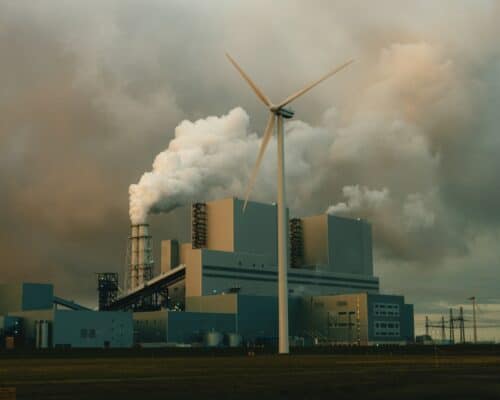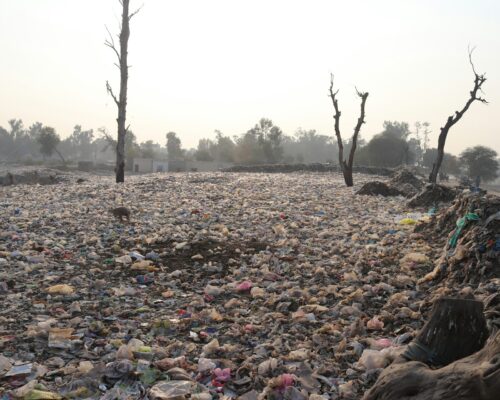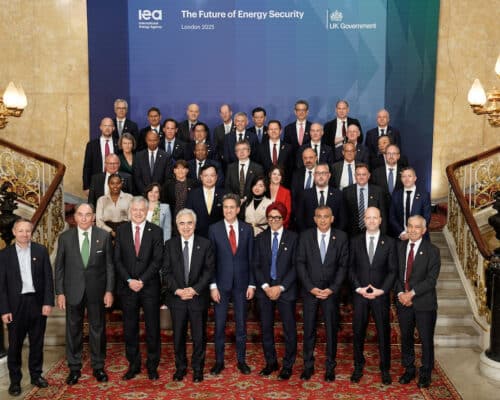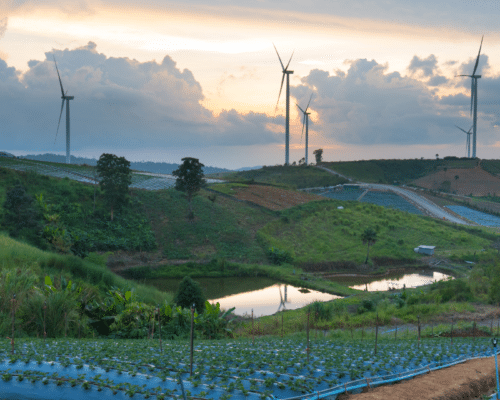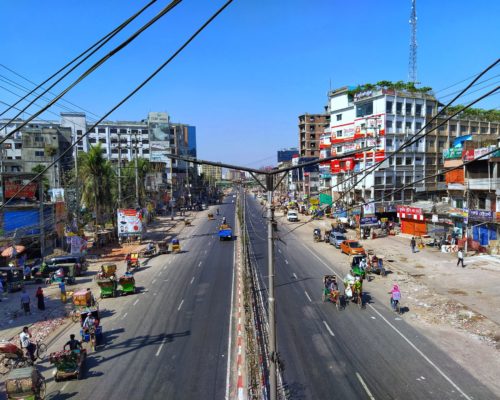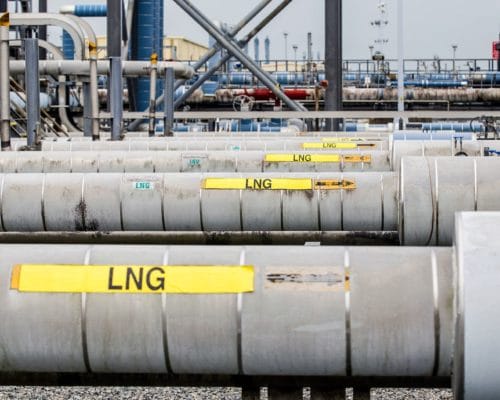Plastic Pollution: Big Brands’ Greenwashing of Plastic Waste
25 April 2022 – by Viktor Tachev Comments (0)
Big brands and their greenwashing of plastic waste have led us to a point where plastic pollution is now out of hand. While the problem leaves everyone affected, six developing countries, in particular, are feeling the harshest implications of plastic production. Unless the largest producers of plastic materials and waste come up with actionable plans for waste reduction and are held accountable, the problem will deepen. And the consequences of plastic waste generation may become irreversible.
The Biggest Plastic Waste Polluters
The Brand Audit Report 2021 by Break Free from Plastic singles out Coca-Cola as the world’s biggest plastic polluter. The company has topped the charts for the fourth year in a row. The company is far ahead of the rest on the list, responsible for 10% of branded plastic litter. The top five polluters include PepsiCo, Unilever, Nestlé and Procter & Gamble.
As over 99% of plastic comes from fossil fuels, the companies on the list now find themselves being among the leading contributors to climate change.
The Burning Question report estimates the plastic pollution of the top four companies to be at half a million tonnes annually. This massive amount of plastic waste is burnt or dumped in places like China, India, the Philippines, Brazil, Mexico and Nigeria. In terms of emissions, they are equal to an additional 2 million cars on the roads. Meanwhile, the plastic pollution is enough to cover 83 football pitches every day – or one football pitch every 20 minutes.
Alongside the worsening climate crisis and the catastrophic scale of pollution, reports find that mismanaged plastic and waste cause up to a million deaths each year in developing countries.
Ocean plastic pollution is also on the rise; fishes and turtles mistake plastic waste for prey, killing marine wildlife and marine organisms. Even plastic debris is found in marine species. It is required to address marine plastic pollution on an urgent basis. Plastic bottles and plastic grocery bags are the main sources of plastic pollution.
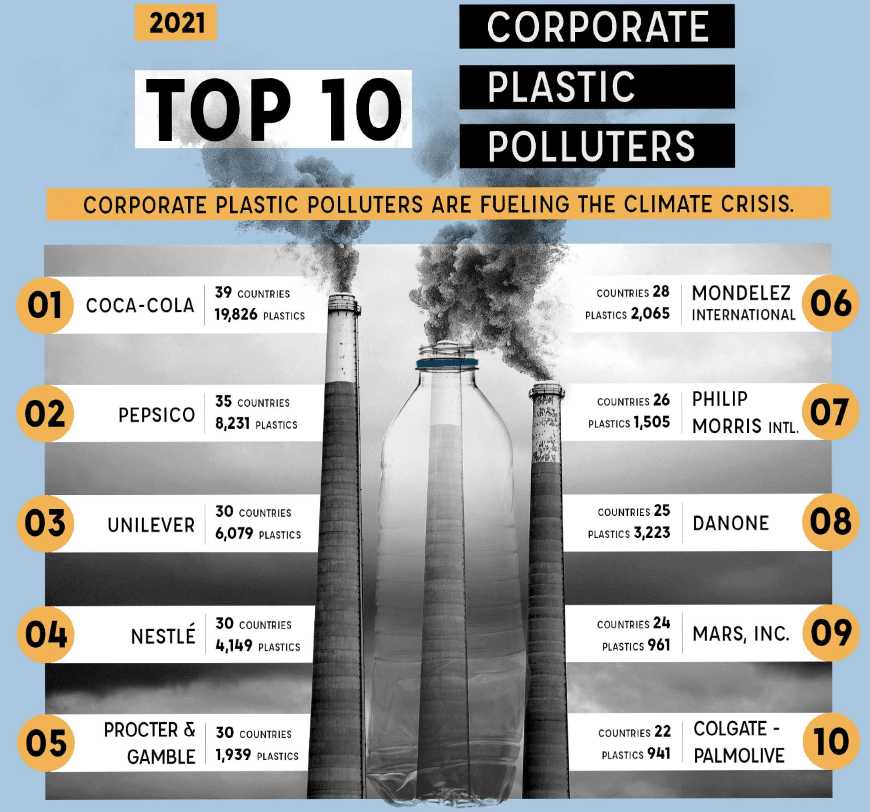
Big Brands Use Greenwashing
Instead of investing in reducing their emissions and pollution footprint by redesigning their packaging or optimising their deliveries and improving waste management systems, companies spend money on greenwashing. Despite past accusations, the biggest polluters do not seem interested in embracing change. Furthermore, companies like Coca-Cola, Unilever and Nestle have even refused to respond to questions regarding the environmental and human health-related impacts of the projects that involve the burning of single-use plastics.
However, the problem goes beyond the top polluters. Break Free From Plastic reported on 265 projects from various companies that claimed to have solutions to the plastic problem. Out of these projects, 226 were considered false solutions to the plastic pollution crisis.
Coca-Cola
The Brand Audit Report 2021 states that in 2019, Coca-Cola invested USD 4.24 billion in advertising and marketing. In comparison, it poured USD 11 million into a river cleanup initiative.
According to Greenpeace, Coca-Cola’s pledge to collect one bottle for every one sold has a limited impact, as the company constantly tops the charts for being the biggest plastic polluter globally.
Furthermore, on its site, Coca-Cola claims that it is “working towards reducing unnecessary and hard to recycle single-use plastics.” The company states that “plastic should be used over and over again because it has a value beyond its first use.” Yet, in 2020, the firm’s head of sustainability went as far as saying that the company would not abandon single-use plastic bottles due to their popularity among customers. Coca-Cola’s most recent pledge is for 25% of its packaging globally to be reusable by 2030.
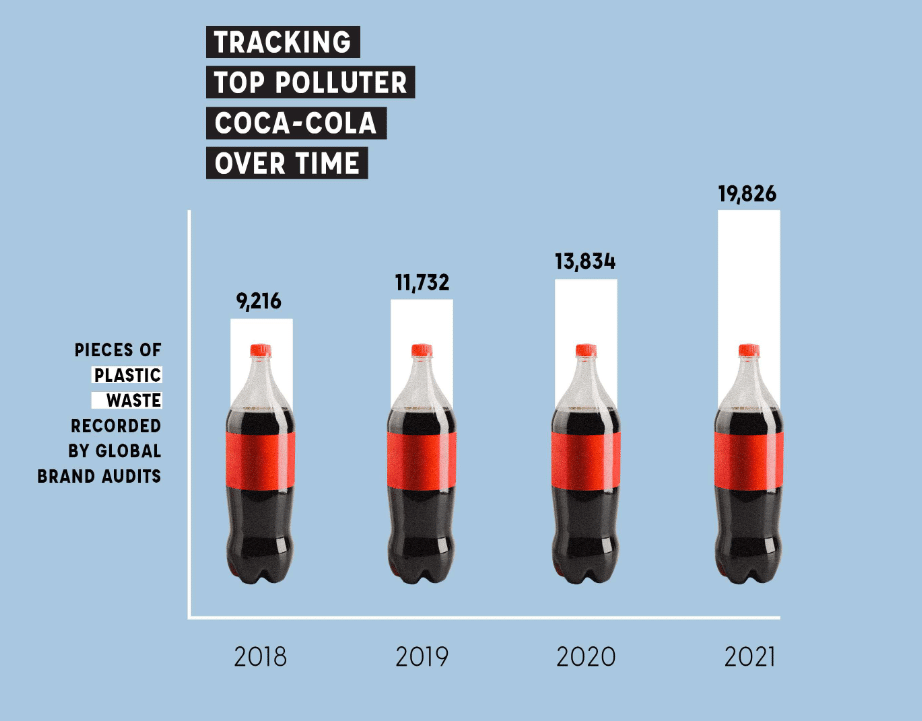
PepsiCo
The company recently launched Pep+, a campaign to halve the use of virgin plastic by 2030. PepsiCo described its programme as a “fundamental transformation” of what the company does and how it does it.
However, the Missing the Mark report states that PepsiCo participates in campaigns and initiatives that provide false solutions. These include solutions relating to unproven-at-scale technologies and false narrative projects.
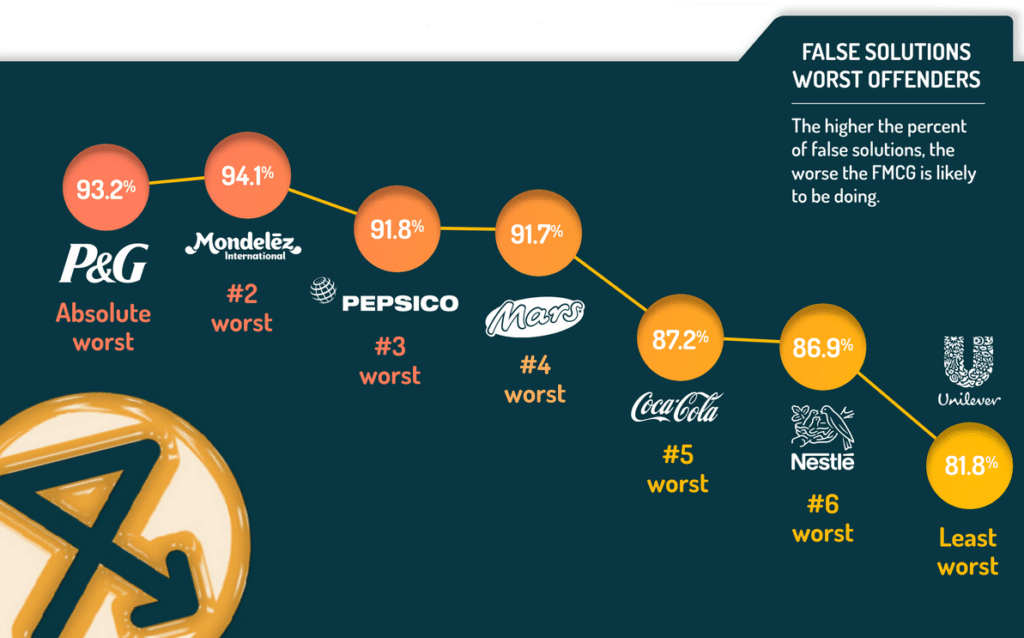
Unilever
Unilever made a series of commitments, including collecting and processing more plastic packaging than it sells by 2025.
However, this does not change the fact that the company has made a series of claims that later turned out to be false. An investigation by the Global Alliance for Incinerator Alternatives (GAIA) into Unilever’s sachet recycling efforts in Indonesia found that the widely celebrated recycling programme for sachet waste was, in fact, based on a controversial method of chemical recycling. It was abruptly stopped after just two years.
Unilever’s sachets consist of various materials that make them impossible to recycle or reuse. However, the company is adamant about continuing to use these sachets. It even launched a public relations initiative. The campaign promised the creation of a technology that would be “a radical recycling process that could address the billions of plastic sachets produced by a wide range of industries.”
The results are lacking, and Unilever has climbed the ladder to become the third biggest plastic polluter. Currently, it is among the funders of a massive incineration operation on the outskirts of Jakarta, Indonesia. Unilever has partnered with SBI, one of Indonesia’s largest cement makers, for the project.
The impacts of such projects across Indonesia are massive. Firstly, Jakarta boasts some of the dirtiest air in Asia. Secondly, the 10 million people who live in the capital are already struggling with the problem of excessive plastic garbage that clogs storm drains and litters the slums and the shoreline. Today, the country is the second biggest ocean polluter after China.
A campaign recently launched by Quit Sachet is pushing Unilever to stop supporting socially unjust false solutions that pollute communities and the climate.

The Consequences of the Big Brands’ Greenwashing of Plastic Waste
The reputational risk and public criticism don’t seem to bother the big brands. The reputational risk and public criticism do not bother the big brands. On the one hand, they publicly condemn the use of single-use plastics. However, on the other hand, they continue to drown the world in garbage. Consequently, the growing consumer activism and boycotting of products that directly affect corporations’ profits will only get stronger. Companies that continue to say all the right things but fail to deliver, at some point, will not be able to turn a blind eye to the growing consumer anger.
Essentially, customers value honesty. Instead of pouring millions into greenwashing campaigns, companies should adopt measurable solutions for change. These include maintaining transparency in emissions and plastic waste contribution, redesigning products for optimised delivery (refill & reuse) and opting for plastic alternatives. Solutions like these may be enough to turn the tide of public opinion.
Reducing Plastic Pollution – Corporate Greenwashing Needs To Stop
Companies have employed a series of measures to strip themselves of responsibility – from investing in greenwashing campaigns to blaming consumers for buying products in plastic packaging. The solution requires a transformation on many levels. Moreover, this change needs to come quickly.
Urging for-profit businesses to act out of an interest in the common good may seem far-fetched. However, corporate boardrooms must act on pollution for their own sake. Once they finally acknowledge the impact of climate change and pollution on their long-term viability, they will realise that their decisions affect the planet and their survival.
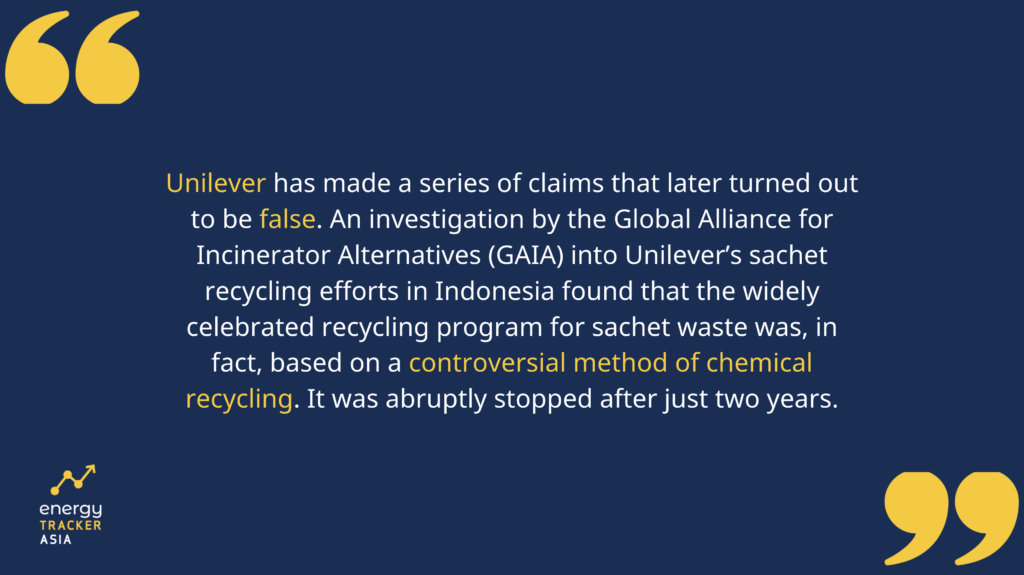
by Viktor Tachev
Viktor has years of experience in financial markets and energy finance, working as a marketing consultant and content creator for leading institutions, NGOs, and tech startups. He is a regular contributor to knowledge hubs and magazines, tackling the latest trends in sustainability and green energy.
Read more